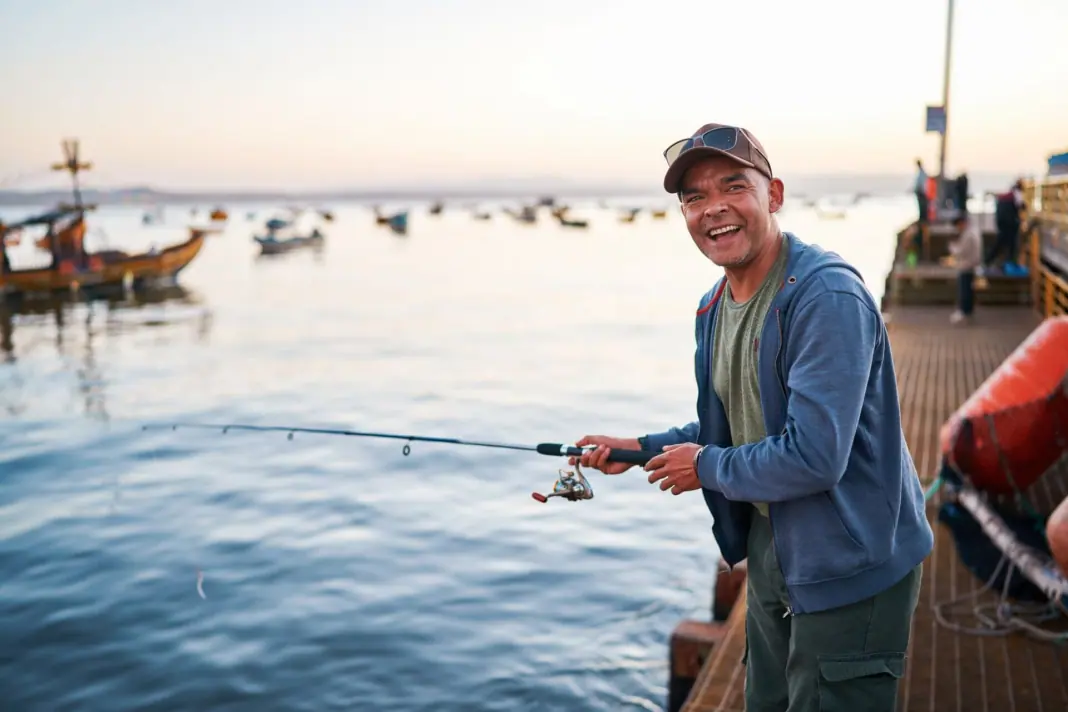Fishing is a delightful way to connect with nature, spend time with loved ones, and maybe even bring home a fresh catch. However, before you cast your line into the water, it’s crucial to understand fishing licenses and their significance. This beginner-friendly guide will walk you through everything you need to know to get started.
Understanding Fishing Licenses
What is a Fishing License?
A fishing license is a regulatory or legal mechanism by which authorities allow individuals to fish. It ensures the sustainable management of fish populations and supports conservation efforts.
Why Do I Need a Fishing License?
Fishing licenses are required by law in most regions to help manage fish populations and protect aquatic environments. Fees from licenses fund wildlife conservation projects, fish stocking programs, and habitat preservation, ensuring future generations can enjoy fishing.
Types of Fishing Licenses
Resident vs. Non-Resident Licenses
- Resident License: Issued to individuals who live in the state where they intend to fish. Typically cheaper than non-resident licenses.
- Non-Resident License: Designed for those who do not live in the state or country where they plan to fish. These licenses usually cost more.
Saltwater vs. Freshwater Licenses
- Saltwater License: Required for fishing in the sea or ocean waters.
- Freshwater License: Necessary for fishing in rivers, lakes, and ponds.
Short-Term vs. Annual Licenses
- Short-Term License: Ideal for those who are planning to fish for a limited period, often available for one to seven days.
- Annual License: Perfect for frequent anglers, as it permits fishing throughout the year.
Special Licenses
- Youth Licenses: Reduced-fee licenses for young anglers.
- Senior Licenses: Discounts or free fishing licenses for senior citizens.
- Disabled Licenses: Typically available at a discounted rate for individuals with disabilities.
How to Obtain a Fishing License
Determine the Required License
First, decide where and what type of fishing you’ll be doing, as this affects the type of license required. Check your state or regional wildlife agency’s website for specifics.
Purchasing a License
Fishing licenses can be purchased online, at local sporting goods stores, or directly from wildlife agencies. Online purchases often allow you to print a temporary license immediately.
Required Information
Be prepared to provide personal information, such as name, address, date of birth, and proof of residency, when applicable. Some regions may require you to complete a brief questionnaire.
Costs and Fees
The cost of a fishing license can vary widely depending on several factors:
- Location: Different states or countries have varying fees.
- Type of License: Resident, non-resident, short-term, or annual licenses come with different price tags.
- Age and Special Discounts: Seniors, youths, and those with disabilities may receive discounts.
Rules and Regulations
Fishing Seasons and Limits
It’s essential to be aware of any seasonal restrictions on certain species, as well as daily bag limits, to ensure compliance and contribute to conservation efforts.
Catch-and-Release Requirements
In some situations, catch-and-release is mandatory to protect vulnerable fish populations. Be sure to recognize these regulations and know proper fish handling techniques to minimize harm.
Gear Restrictions
Some areas have rules about what types of gear are permissible. For example, certain areas might restrict the use of specific bait types or have limitations on fishing methods.
Consequences of Not Having a License
Fishing without a valid license can result in penalties, including hefty fines and legal action. Additionally, non-compliance can harm conservation efforts intended to sustain fishing as an enjoyable activity for future generations.
Final Thoughts
Fishing licenses are a vital component in maintaining healthy fish populations, preserving aquatic environments, and enabling future generations to enjoy the sport. By understanding the types of licenses, how to obtain them, and the associated regulations, you’ll help support conservation efforts while enjoying your time on the water.



